What is a Social Prescription?
Friends meet up at a recent performance.
Article part of an Executive Summary for Wisconsin Social RX prepared by Greg St. Arnold, and Samantha F. Grambow
What is a Social Prescription?
Social Rx aims to improve health outcomes people through social prescribing - health providers prescribing arts, cultural, and nature activities to patients to address their specific health needs.
What is a Social Prescription?
Social prescribing is a growing practice in the US and throughout the world that recognizes the importance of a holistic approach to individuals’ health. Social prescribing occurs
when a healthcare provider prescribes a patient to engage in an arts, culture, or nature-based treatment tailored to both their symptoms and interests - such as watercolor lessons, a theater workshop, or a birdwatching class. Patients receive support to complete
the treatment and follow-up from a care navigator. In the most successful instances of social prescribing, a dedicated entity serves as the liaison and connector between prescribers (e.g. doctors, case workers, etc.) and arts, culture, and nature program providers.
Friends get together to paint.
What are the benefits of social prescribing?
Social prescribing can improve outcomes at the patient, provider, and system levels. A 2023 study in the journal Frontiers of Medicine looking across 13 countries (including the US) found that social prescribing interventions most commonly led to improvements in
patients’ coping skills and resilience, as well as feelings and mood. Improved outcomes were also identified in lifestyles/behaviors, relationships, and social connections. At the systems level, it led to better service utilization by patients, notably in mental health care.
Social prescribing empowers health care providers to address a wide range of health issues facing specific patient populations or broader communities.
How does it work?
A prescription is written.
Care Navigators identify a menu of arts, culture, and/or nature programs that address patients’ symptoms. Patients choose their preferred program
Treatment occurs. Patients engage in specific programs.
Follow-up occurs. Care Navigators follow up with patients to see if they completed treatment, how they are feeling, and if their prescription needs to be refilled.
Health Through Arts, Culture & Nature:
· Better mental health outcomes:
by providing safe outlets for self-expression.
by offering new coping mechanisms.
by reducing stigma, a barrier to seeking mental health care.
Healthy lifestyle changes and fewer high-risk behaviors:
Through education
Through early intervention
By offering an alternative form of aerobic exercise
Improved quality of life and life expectancy:
By joining an arts community.
By lowering stress.
By decreasing early mortality.
Social prescribing increases access to the arts and offsets healthcare costs. It increases an opportunity for cross-sector collaboration, allowing arts and cultural organizations, healthcare providers, and payers to work together to improve the health and wellbeing of Americans.
“All of us at the Sharon Lynne Wilson Center for the Arts are grateful to be able to provide a host of arts experiences. We welcome over 50,000 members of our community to engage in the arts every year. From the toddlers who take music or art classes; students who play music, sing or act on our stages; to the adults who enjoy our world-class performances – we hope to enhance the lives of everyone who walk through our doors.” – Sandy Wysocki, Executive Director at the SLWCA
Art Experiences at the Wilson Center:
• Wilson Center Classes: Connect with other artists and cultures, expand your perspective, and tap into your creative side. Classes offered year-round for all ages and ability levels.
Pottery: Winter Mug Making
Resin Jewelry with Inclusions
Body in Motion for Kids
Warming up to winter photography
Painting the Blue Dog workshop
Step-by-Step Painting: Winter Wonderland
Floral Arranging: Frosted Elegance
• Performances and Concerts in January and February:
January 17 – Guitarist, Stephen Hull, Milwaukee area acoustic blues singer.
January 23-25 – Wisconsin Hills Middle School presents: Alice in Wonderland
January 29 – musical group, A Band Called Honalee. A modern-day folk trio inspired by the music and legacy of Peter, Paul and Mary.
February 1 – Arturo O’Farrill and the Afro Latin Jazz Ensemble


